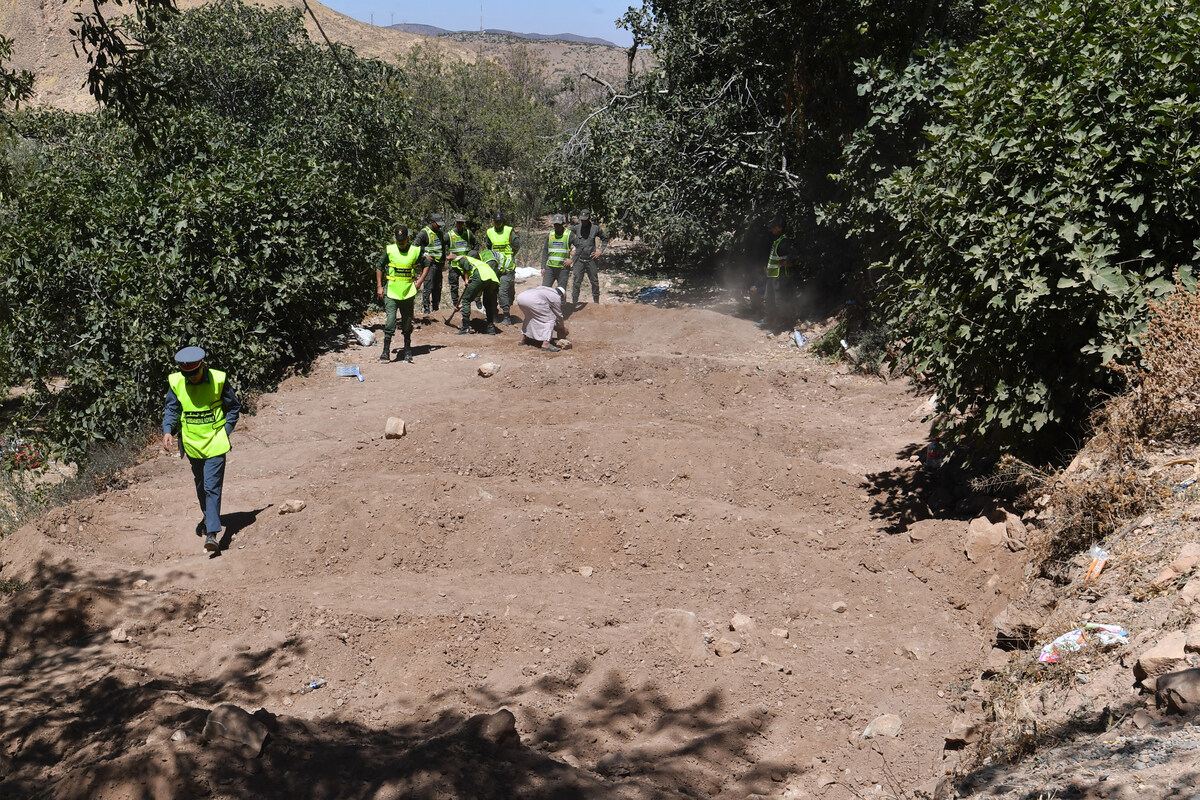Tafeghaghte, Morocco–As the death toll from the catastrophic earthquake in Morocco rises to over 2,100, international aid and support have started to pour in.
The United Arab Emirates, Qatar, Britain, and Spain are among the first countries to have their offers for help accepted by Morocco.
“The next 24 to 48 hours will be critical in terms of saving lives,” warned the International Federation for Red Cross and Red Crescent Societies (IFRC), which has released over $1 million for emergency relief. Spain has dispatched 86 military rescuers and eight search dogs following a formal request from Rabat.
Qatar and a team of French volunteer firefighters have also arrived in Morocco, while the United States has signaled it is “ready to provide significant assistance,” according to Deputy National Security Advisor Jon Finer.
Also Read Situation in Morocco in the aftermath of quake
Switzerland, Belgium, Italy, Turkey, Poland, and Israel have also offered various forms of assistance, from temporary shelters to medical teams and field hospitals.
The Flanders and Wallonia regions in Belgium have pledged financial aid through the Red Cross, and Italy’s Catholic Church has sent $321,400 in aid via NGO Caritas Italy.
The heads of the World Bank, International Monetary Fund, African Union, and European Commission, along with the presidents of France and India, have pledged to “mobilize our technical and financial tools and assistance” to help Morocco.
Pharmaceutical giant AstraZeneca has “pledged over $1 million to support immediate humanitarian relief efforts,” as rescuers in Morocco intensify efforts to find survivors amid the rubble of flattened villages.
“Everyone is gone! My heart is broken. I am inconsolable,” said Zahra Benbrik, who lost 18 relatives in the quake. Rescue operations are ongoing, with heavy equipment and even bare hands being used to sift through the debris.
The quake, which struck 45 miles southwest of Marrakesh, has led to three days of national mourning in Morocco. The country has been selective in accepting international aid, stating that “a lack of coordination could be counterproductive.”
The disaster is the deadliest earthquake in Morocco since 1960 and has prompted a global outpouring of support and aid, as the country faces a long road to recovery.








